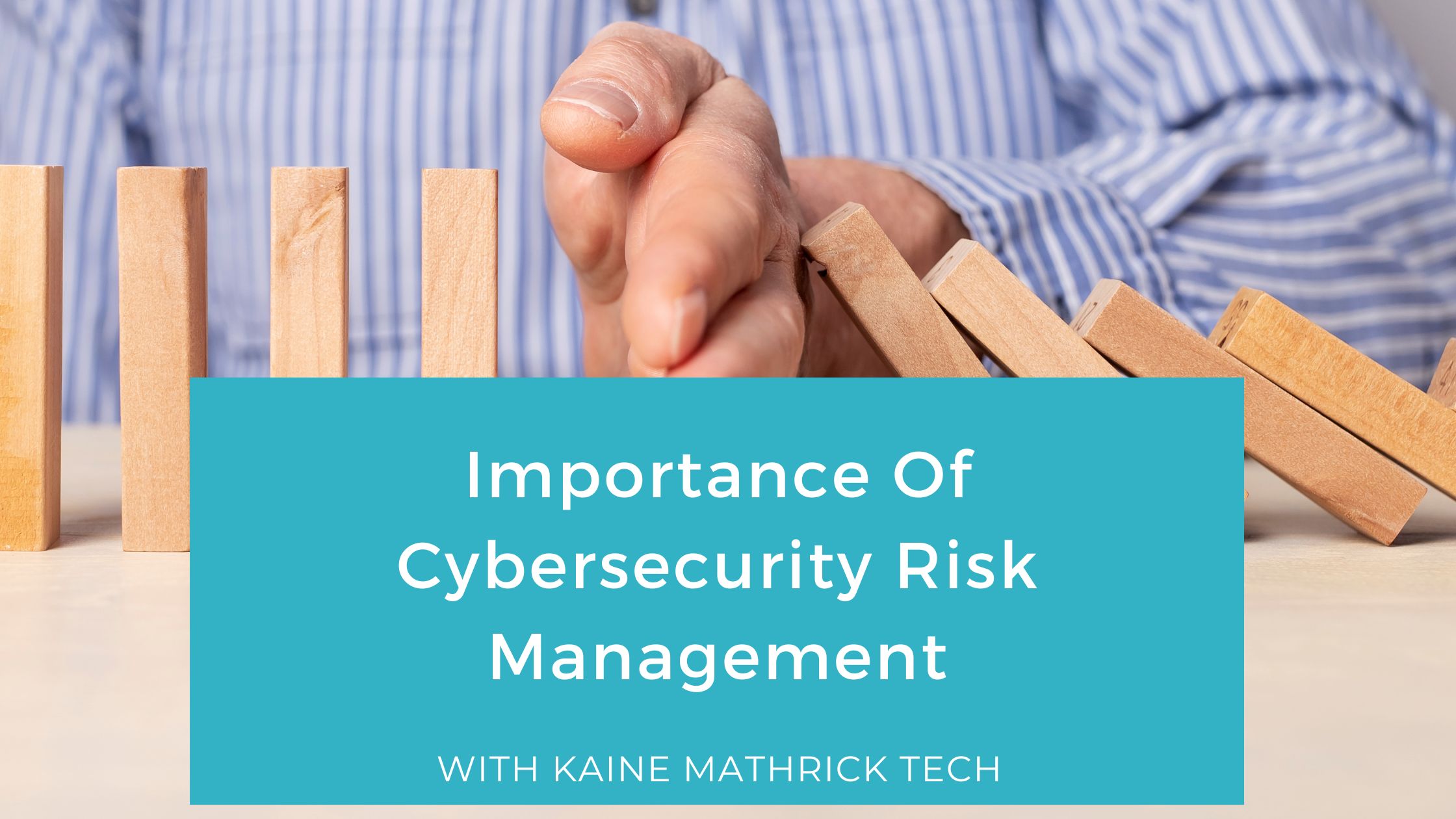Exploring the Enduring Benefits and Importance of Risk Management for Entrepreneurs
Exploring the Enduring Benefits and Importance of Risk Management for Entrepreneurs
Blog Article
Checking out the Relevance of Risk Management for Effective Decision-Making Methods
In the intricate world of business, Risk Management emerges as a crucial variable in the decision-making process. The capacity to recognize potential hazards and possibilities, and strategize accordingly, can lead to the difference in between success and failing. With tools such as SWOT and PESTEL, organizations are outfitted to make enlightened choices, promoting strength and versatility in an ever-changing setting. Wondering how this works? Let's unpack the characteristics additionally.
Understanding the Principle of Risk Management
Risk Management, an essential element in decision-making, is commonly misunderstood or oversimplified. Risk Management includes structured and disciplined approaches, using data and insightful evaluations. From monetary unpredictabilities, legal responsibilities, strategic Management errors, to accidents and all-natural calamities, it addresses different risks - importance of risk management.
The Role of Risk Management in Decision-Making Processes
In the world of calculated planning and company procedures, Risk Management plays an essential duty in decision-making procedures. It aids in recognizing potential risks and uncertainties that might influence the accomplishment of business goals. By tracing these threats, firms can create strategies to mitigate their impact, making certain organization connection and stability. Risk Management thus becomes an important device in decision-making, helping leaders to make informed options based on a detailed understanding of the dangers entailed. It motivates a positive technique, enabling companies to prepare for and prepare for feasible future circumstances. This significantly minimizes the likelihood of adverse effects, promoting more reliable and reliable decision-making techniques. Risk Management offers as a crucial part in the decision-making procedures of any company.

Exactly How Risk Management Improves Strategic Planning
In the context of tactical preparation, Risk Management plays a pivotal duty. Starting with the recognition of prospective threats, it additionally includes the implementation of Risk mitigation procedures. The duty of Risk Management is not fixed yet dynamic, as it requires continuous surveillance and adjusting of techniques.
Determining Possible Dangers

Executing Risk Mitigation
Having actually established the relevance of recognizing prospective threats, the next action is to discover Risk reduction. This process entails establishing and applying techniques to handle determined dangers successfully. It is a vital element of strategic planning as it boosts decision-making by minimizing potential negative results. Risk reduction strategies can range from Risk evasion, Risk transfer, to run the risk of decrease. Each strategy must be customized to the details Risk, considering its prospective influence and the company's Risk tolerance. Moreover, effective Risk mitigation requires a deep understanding of the Risk landscape and the potential influence of each Risk. This understanding allows organizations to prioritize dangers and assign sources effectively, making sure that the most considerable risks are dealt with initially.
Monitoring and Adjusting Strategies
Though Risk reduction is a crucial step in tactical preparation, continual monitoring and modification of these strategies is equally vital. It also supplies an opportunity to review the success of the Risk Management procedures, permitting adjustments to be made where essential, more enhancing calculated preparation. Surveillance and adjusting Risk Management methods is an essential element for enhancing a company's resilience and tactical preparation.
Instance Researches: Successful Risk Management and Decision-Making
On the planet of business and finance, effective Risk Management and decision-making often function as the pillars of prosperous ventures. One such entity is a multinational oil firm that minimized economic loss by hedging versus varying here oil rates. In another circumstances, a technology startup grew by identifying and accepting risky, high-reward strategies in an unpredictable market. A worldwide financial institution, confronted with regulatory uncertainties, successfully browsed the scenario through aggressive Risk analysis and vibrant decision-making. These situations highlight the worth of sharp Risk Management in decision-making processes. It is not the absence of Risk, however the Management of Check This Out it, that frequently distinguishes effective business from not successful ones. These cases highlight the crucial function of Risk Management in strategic decision-making. importance of risk management.
Devices and Techniques for Effective Risk Management
These devices, such as Risk registers and warm maps, aid in recognizing and examining potential dangers. Risk reaction strategies, a key component of Risk Management, include approving, preventing, transferring, or mitigating dangers. With these devices and strategies, decision-makers can browse the complicated landscape of Risk Management, therefore facilitating notified and reliable decision-making.
Future Fads in Risk Management and Decision-Making Approaches
As we explore the large landscape of Risk Management, it comes to be evident that the strategies and devices used today will continue to evolve. The principle of Risk culture, where every participant of an organization is conscious and included in Risk Management, will obtain a lot more importance. These patterns proclaim an even more proactive and comprehensive strategy towards Risk Management and decision-making.
Final thought

Risk Management therefore comes to be a crucial device in decision-making, aiding leaders to make educated choices based on a comprehensive understanding of the threats included. click this site Risk reduction strategies can range from Risk evasion, Risk transfer, to run the risk of reduction (importance of risk management). Efficient Risk mitigation calls for a deep understanding of the Risk landscape and the possible impact of each Risk. Risk response approaches, an essential component of Risk Management, entail approving, preventing, moving, or mitigating risks. The principle of Risk culture, where every participant of a company is aware and involved in Risk Management, will get a lot more prominence
Report this page